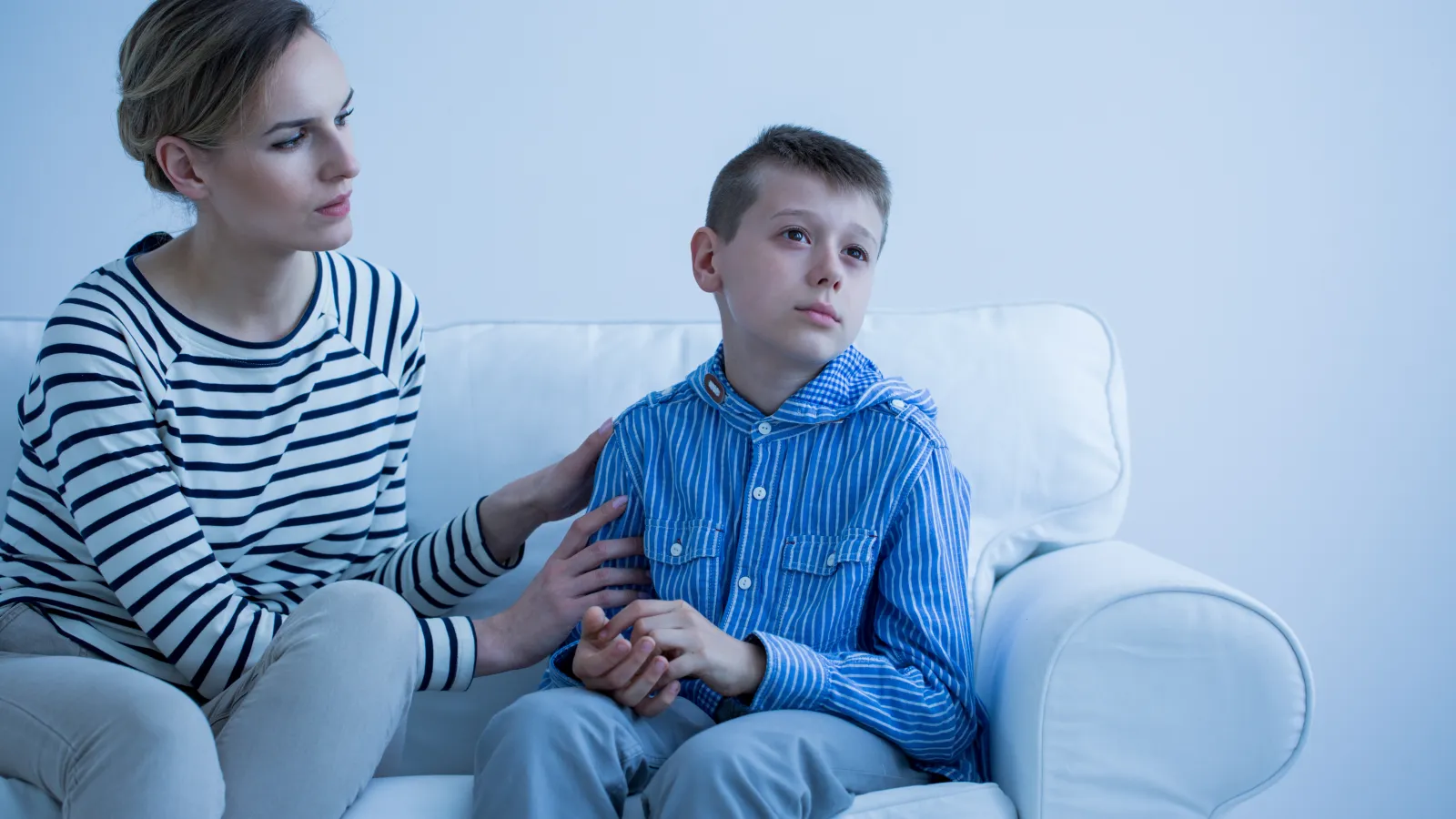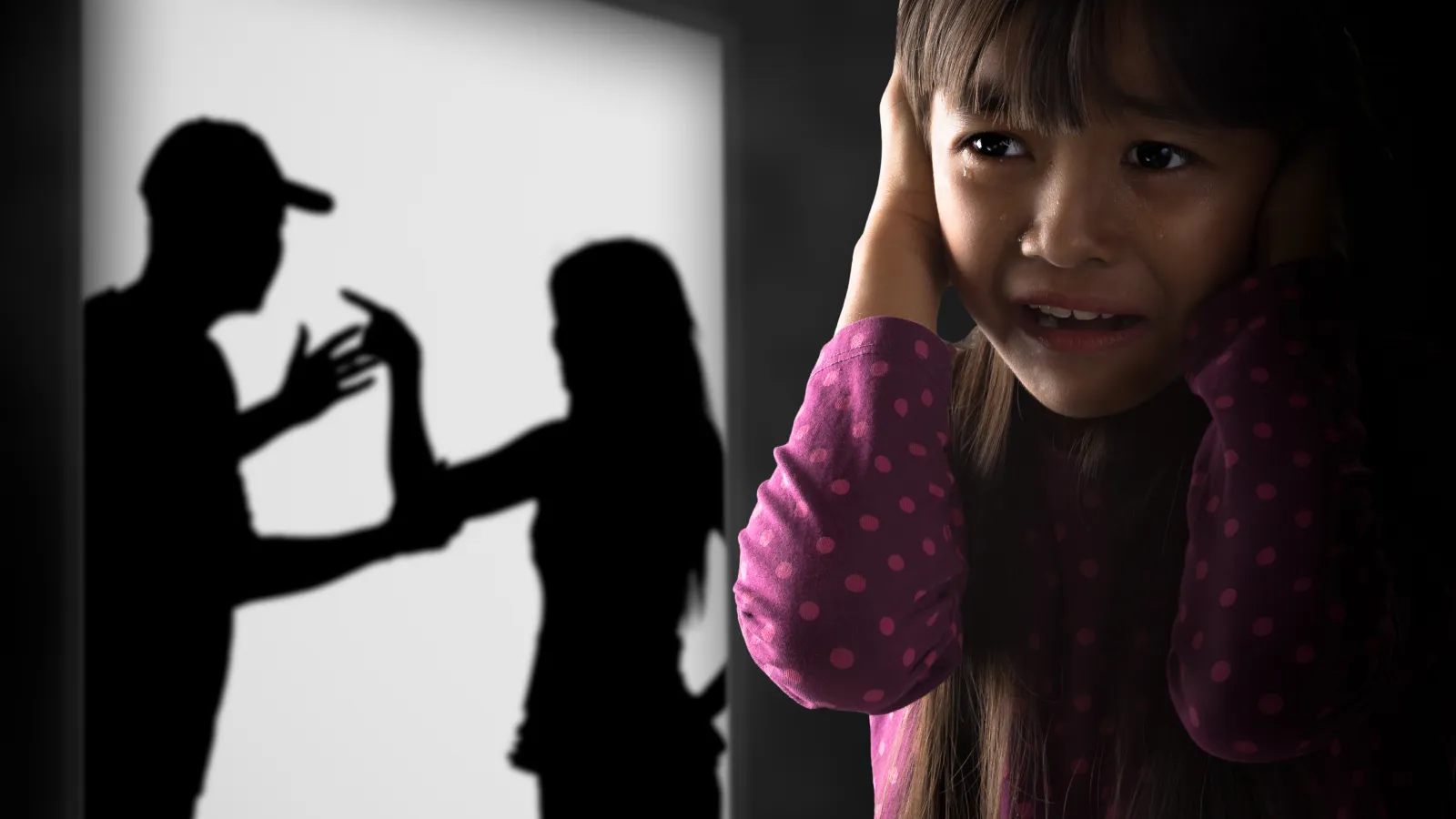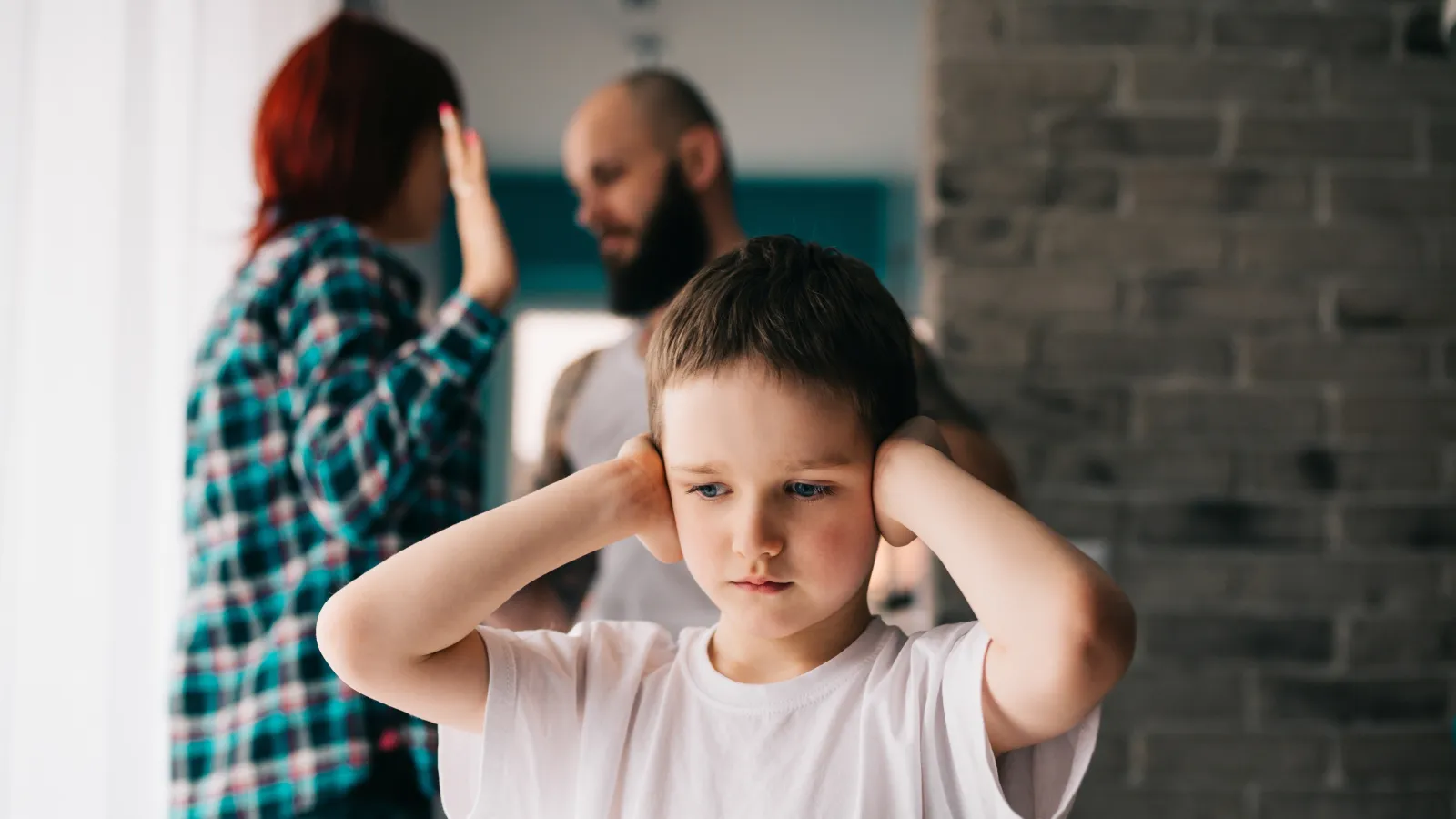
Parental Alienation
Factors for Determining Child Custody

What is Parental Alienation?
Parental alienation, from a legal perspective, is a confusing and ambiguous concept. On the one hand, as professionals that routinely handle divorces, we have regularly seen situations where it appears that one parent actively works to turn a child away from the other parent. On the other hand, a more legally recognized classification has alluded practitioners, making handling these types of cases difficult.
Parental Alienation Syndrome
Parental Alienation Syndrome (PAS), as a defined concept, is relatively new and still unresolved. The concept was only recently given its name by Richard Gardner in 1985 when he used it to describe behaviors of a child who is exposed to parental alienation. Healthline, 2019. He defined PAS as: "a disorder that arises primarily in the context of child custody disputes. Its primary manifestation is the child's campaign of denigration against the parent, a campaign that has no justification. The disorder results from the combination of indoctrinations by the alienating parent and the child's own contributions to the vilification of the alienated parent." He went on to describe the primary symptoms as:
- The child is consumed with hostility and fear of the alienated parent and deny any positive past or experiences
- The criticisms are based upon "weak, frivolous, or absurd rationalizations"
- The child's feeling about the alienating parent demonstrate steadfast support and unconditional trust without reservations
- The child believes that their conclusions are theirs without the influence from the alienating parent
- The child has a reflexive level of support for the alienating parent during parental conflict
- Absence of Guilt Over the treatment of the alienated parent
- Presence of borrowed scenarios, such as situations that happened before the child's memory or the use of adult language to describe certain situations
- The child's animosity is often spread to the alienated parents entire extended family
Other Points of View
Despite Gardner's work, however, other experts in the field have not been as quick to validate this diagnosis. Notably, it is NOT recognized as a mental health condition by the:
- American Psychological Association
- American Medical Association
- World Health Organization
- American Bar Association
This is problematic for litigation because legal experts rely heavily upon the Diagnostic and Statistical Manual of Mental Disorders (currently DSM-5) when evaluating cases and Parental Alienation Syndrome is notably not included in the list of mental health conditions that are recognized.
That said, the DSM-5 does include: "Child affected by parental relationship distress." Further, it defines "child psychological abuse" to include: "non-accidental verbal or symbolic acts by a child's parent or caregiver that result, or have reasonable potential to result, in significant psychological harm to the child."
Regardless of classification, there should be no doubt parental alienation exists, it harms a parent-child relationship and has mental health effects for those involved.

How does Parental Alienation Occur?
The emotional estrangement of a child occurs when the alienating parent, sometimes unconsciously, manipulates a child's feelings by repetitively and selectively portraying the targeted parent in a negative light by focusing a child's attention on past mistakes, painful disappointments, and shortcomings of the targeted parent. This pattern of brainwashing ultimately causes the child to crowd out and ignore positive experiences and construct a new and distorted view that is gradually internalized and ultimately leads to the total rejection of the targeted parent.
10 Potential Signs of Parental Alienation
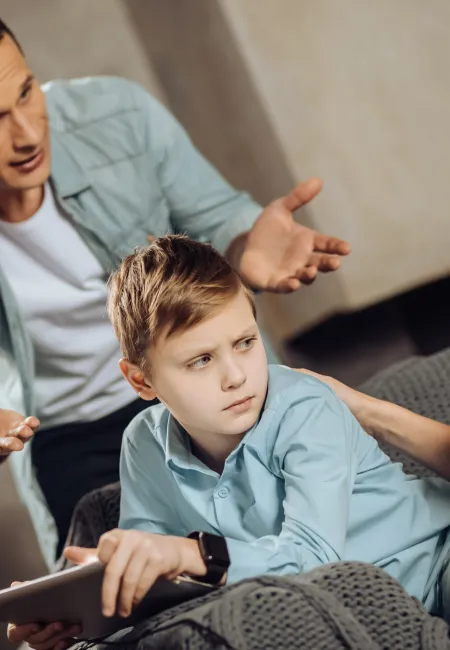
Signs from Child
-
Becomes more defiant or angry at the targeted parent
-
Avoids visitation ("not feeling good," "needs to stay here to study")
-
"Parrots" alienating parent
-
Does not feel guilty about his behavior towards the targeted parent
-
Guilty about spending time with the targeted parent

Alienating Parent
-
Divulges unnecessary details of your divorce to the child
-
Speaks harshly about the targeted parent in front of the child
-
Schedules tempting activities during the other's parenting time
-
Monitors communications and interactions with the targeted parent
-
Secrecy related to the child's activities, education or medical history
Georgia Law on Parental Alienation
Although there is no formal definition of parental alienation in Georgia case law or Georgia statutory law, it is clear that Georgia law recognizes the importance of both parents playing a positive role in the lives of children.
Georgia Cases on Parental Alienation

Petry v. Romo, 249 Ga. App. 99 (2001)
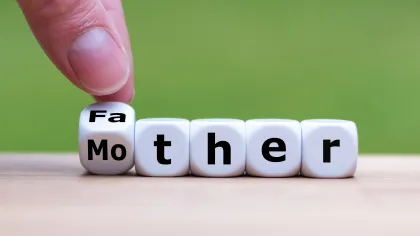
In re M.E., 265 Ga. App. 412 (2004)

Weickert v. Weickert, 268 Ga. App. 624 (2004)

Consequences of Parental Alienation
Parental alienation has a negative impact on both the parent
that is attacked and the child who is victimized by it. While divorce, in and
of itself, can cause depression, fear, and anger, for the parent that is shut
out, it can create acute psychological trauma that is compounded by their inability to
protect their child from the manipulation.
For the child, many have gone so far as to label PAS as a form
of emotional child abuse. It not only
weakens the parental bond with the targeted parent, but it also causes numerous physiological problems ranging from an increase of anger,
anxiety, depression, neglect, and a lack of empathy.
FAQs about Parental Alienation
Q What tools does a court have to combat parental alienation?
There are two major tools that courts use when confronted with parental alienation. First, a court will consider therapy to help rebuild a child's relationship with their targeted parent. Second, a court will consider giving additional parenting time to the targeted parent (including potentially changing the primary custodian of the child) to minimize the impact of the alienating parent while promoting a healthy relationship with the targeted parent.
Q Why does parental alienation happen so often in divorce cases?
Unfortunately, many divorce cases turn into a war zone at the emotional
expense of everyone involved, including the child. Sometimes the alienation is a tactic to "win" custody and limit the other parents' time with their child. In others, the alienating parent is seeking to
just completely start over and ignore all parts of their past life. Finally, it is sadly worth mentioning that in
some cases the child serves as an unfortunate pawn while the parents fight over
more assets, cash flow, or other divorce issues.
Q
Why does a child sometimes choose to ally with one parent?
There can be a variety of reasons for a child appearing to ally
with one parent. Some common ones to
consider are fear and intimidation, threats of punishment, or protection of an emotionally fragile parent.
Q What are some recommended reading materials for Parental Alienation
Fortunately, there are a number of outstanding online resources to learn more about parental alienation. To help you along your path, we recommend checking out:




